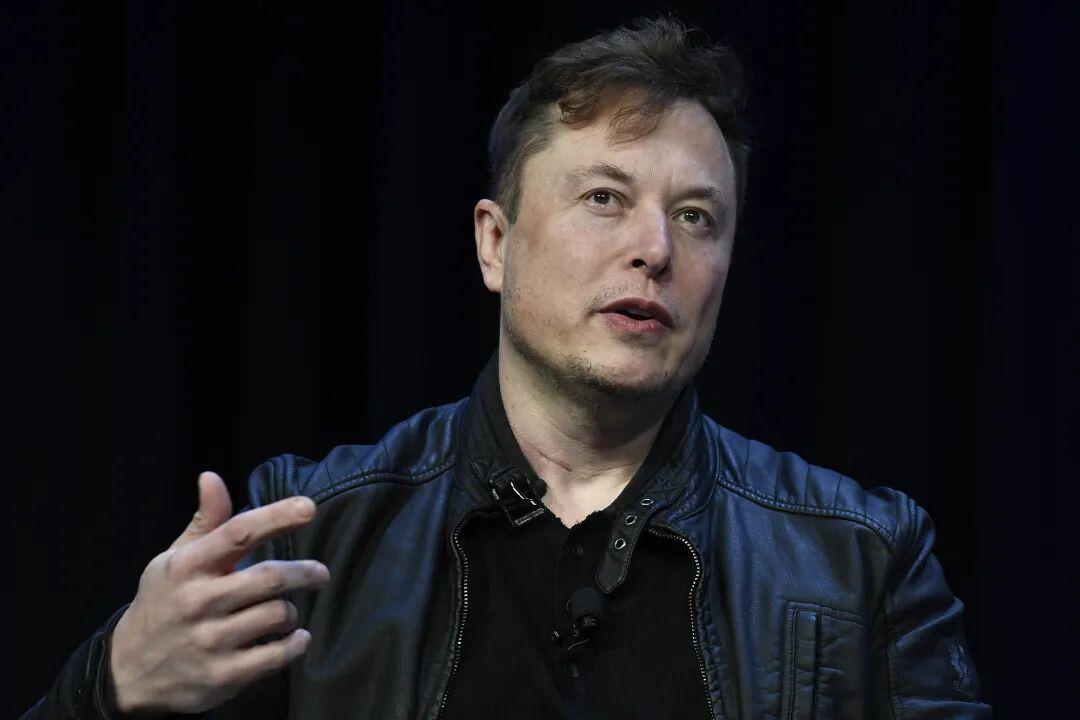
In 2025, the trial of Elon Musk's lawsuit challenging the invalidity of Tesla's compensation plan began. The defendant sought to reinstate this $56 billion compensation package, once again pushing this years-long business dispute to a fever pitch. From the plan's launch in 2018, to the court ruling it invalid in 2024, and now to the current trial showdown, the case not only involves a tug-of-war over interests between an individual and capital, but also reflects the deep-seated conflict between performance incentives and shareholder rights within the U.S. corporate governance system.
This globally watched compensation plan emerged during Tesla's darkest hour. In January 2018, Tesla was mired in the Model 3 production crisis—its annual delivery volume fell short of half the target, and the company's market value was still below $60 billion. Against this backdrop, the board of directors rolled out a fully performance-linked incentive plan: Musk would forgo fixed salary and bonuses, and instead needed to lead the company to hit 12 market value and operational milestones. These milestones included boosting the market value from its baseline to $650 billion, growing revenue 15-fold from 2017 levels to $175 billion, and achieving a net profit of $14 billion. For each milestone reached, he would receive 1% of Tesla's shares. At the time, these goals seemed almost "impossibly difficult," yet under Musk's leadership, they were achieved one by one: in 2021, Tesla's market value surpassed $1 trillion; in 2023, its revenue hit $96.773 billion and net profit reached $14.974 billion—all 12 milestones were met.
The core basis for the defendant's demand to reinstate the plan lies in "the legitimacy of fulfilling commitments." In the eyes of Musk and his supporters, the $56 billion is a reasonable reward for exceeding performance targets. Tesla's Board Chairman Robyn Denholm stated plainly that reinstating the compensation is crucial to keeping Musk focused: "Elon is not a typical executive, and Tesla is not a typical company—conventional incentives cannot drive him to create value." Major shareholder Ron Baron went further, emphasizing that "without Musk, there would be no Tesla," arguing that Musk not only met performance goals but also brought sustained business benefits to Tesla through his personal brand. From a legal standpoint, the defendant pointed out that the 2024 shareholder re-vote had corrected previous procedural flaws; after fully disclosing conflicts of interest, the plan gained majority support and should therefore hold legal validity.
However, the opposing camp's doubts also strike at the heart of the issue. Investors represented by the California State Teachers' Retirement System and the Norwegian Sovereign Wealth Fund argue that the plan's scale excessively dilutes shareholder rights, and that the performance trigger mechanism is flawed. A more critical legal dispute centers on procedural legality: in 2024, the Delaware Court ruled that Musk, as a controlling shareholder with a 21.9% stake, dominated the plan's negotiations. The board failed to disclose his personal relationships with members of the compensation committee and lacked substantive bargaining, which constituted an unfair related-party transaction. Opponents also criticized Musk for diverting his energy to other companies like SpaceX and X, noting that issues such as Tesla's 9-percentage-point drop in gross profit margin and large-scale layoffs in 2023 stand in stark contrast to his enormous compensation.
The core conflict of the case is essentially a dilemma of value balance in corporate governance. The "entire fairness standard" established by Delaware corporate law requires that related-party transactions balance both procedural justice and substantive fairness—and this has become a key benchmark for the case's trial. From a business logic perspective, tech companies often rely on the strategic judgment of their core founders and need high-powered incentives to align long-term interests; yet shareholder rights protection mechanisms also demand safeguards against the abuse of control and prevent management from setting their own compensation. The uniqueness of Musk's case lies in the deep entanglement between his personal ability and the company's fate, which blurs the line between "reasonable incentive" and "excessive reward."
The ruling in this case will have far-reaching implications for the industry. If the court supports reinstating the plan, it may push tech companies to adopt more aggressive founder incentive models and strengthen the trend of "strongman governance"; if the original ruling is upheld, it will tighten regulatory scrutiny on controlling shareholders' related-party transactions and force boards to enhance their independence. For Tesla, the outcome directly impacts the company's control structure—if the plan is implemented, Musk's stake will rise to 22%, further solidifying his position at the helm.
This "sky-high compensation battle" has long transcended the scope of personal pay; it has become a window into the governance logic of the U.S. capital market. Regardless of the ruling, it will serve as an important judicial reference for tech company founder incentives, board independence, and shareholder rights protection—charting a path toward a better balance between innovation-driven growth and capital regulation.

The South Korean political arena has once again been embroiled in a public controversy over a judicial investigation that has shaken the entire nation.
The South Korean political arena has once again been embroi…
On the morning of December 29th local time, the precious me…
According to the US media Barchart, recently, the fluctuati…
On December 29th, Mar-a-Lago in Florida, USA, witnessed a h…
SoftBank Group announced on Monday that it has agreed to ac…
Recently, the US State Department issued a visa ban, adding…